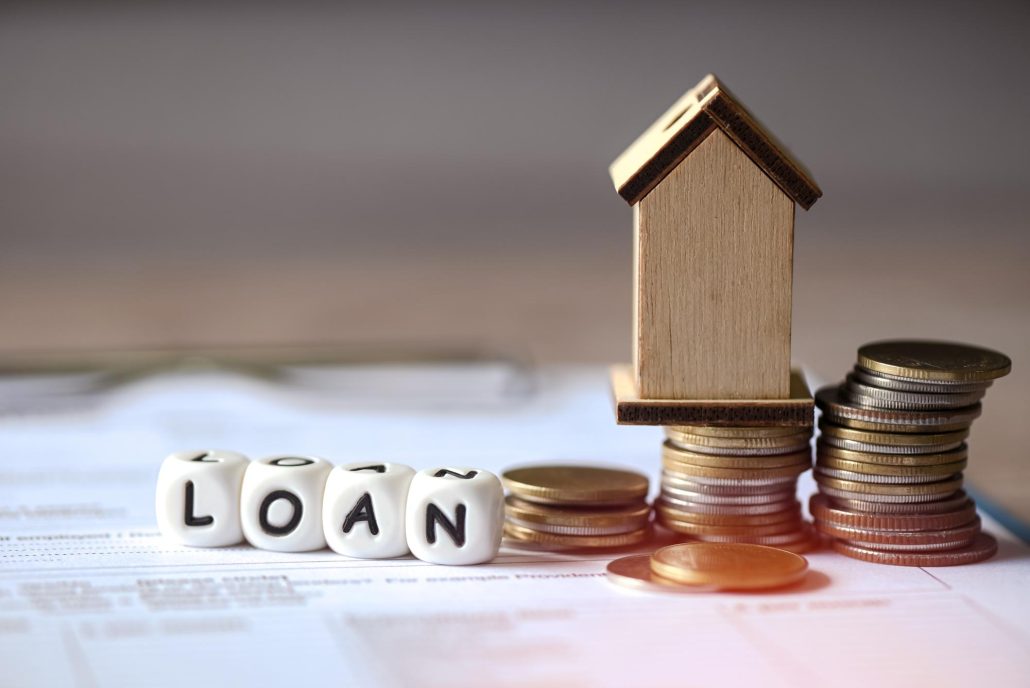Congratulations, you have decided to buy a house! Now, you may be wondering what the various home loan options are to finance your purchase. Firstly, let’s delve into a comparison of the different types of home loan options in Singapore: fixed rate mortgage and floating rate packages.

Fixed rate packages refer to home loans with an interest rate that remains constant, usually throughout the lock-in period only, which is the first few years of the loan tenure.
After which, the interest rate changes every period. On the other hand, floating rate packages refer to home loans with an interest rate that changes every period. I am sure you would want to know which is the better option so let’s analyze them in greater detail.
Fixed rate packages may seem safer to those who are risk averse as the interest rate is fixed for a period of time. However, this period is usually only a small fraction of the tenure of the loan. Thus, the initial interest rate of fixed rate packages is usually higher. Moreover, as a borrower, you cannot refinance or prepay during the lock-in period. If you wish to do so, you will need to pay a penalty.
As for floating rate packages, the initial rate is lower. After which, the rate varies with the index to which it is pegged.
The frequency where the interest rate changes vary. The shorter the period, the higher the volatility. Floating rate packages may have a higher risk, but it is advantageous to borrowers in times when interest rates are forecasted to drop. Another benefit of floating rate packages is that borrowers have greater flexibility in terms of when to refinance or prepay.
Overall, a good middle ground may be to opt for a fixed rate mortgage with a shorter lock-in period in times when interest rates are expected to fall. Additionally, some banks offer convertible fixed rate packages where the borrower can switch to floating rate packages during the lock-in period.
Home Loan Options in Singapore for Government Housing
There are 2 main home loan options in Singapore for public housing: HDB loans and bank loans. What are the differences between them and which is the better option for you?
Let’s take a closer look at the loans!
For HDB loans, the interest rate is fixed at 2.6%.
It is a home loan in Singapore that is a fixed rate mortgage and does not have a lock-in period. The only downside is that you may end up paying more when interest rates are low. Without a lock-in period, there is flexibility to prepay or refinance with a bank.
The loan-to-value (LTV) ratio for HDB loans is 80% which is higher than the LTV for banks. This means that less downpayment is required, making it suitable for those who do not have much cash on hand.

For bank loans, there are various fixed rate packages and floating rate packages available.
You should first decide on the type of mortgage you want and then compare the various packages offered by the different banks. Always do your due diligence before making your final decision as it may be costly to change your mind afterwards.
Do note that the best option may not be the one with the lowest interest rate as it may not fit your risk appetite, budget or refinancing plan. There is no one size that fits all options so you should choose the package that fits your situation best!
When comparing fixed rate packages, note the differences in the duration of the lock-in period, the initial interest rate and the interest rate thereafter.
As for floating rate packages, note the differences in the type of index it is pegged to, margin rates and the frequency where interest rate changes.
1M and 3M SIBOR and SORA indices are commonly used indices. These indices mean that the interest rates change every month or every 3 months. Another type of index is the board rate which is determined by the bank. The bank can change the rate anytime but borrowers will be notified 30 days in advance. This is less predictable and transparent so it may be riskier.
All in all, you will need to keep in mind the LTV and tenure of the home loan that suits you while considering the various home loan options in Singapore.

Private Property Financing for Property Investors
For the purchase of private properties, the HDB loan option is not applicable. Hence, property investors must be able and willing to pay at least 25% down payment. Furthermore, a long-term fixed rate mortgage option is not available so investors must be prepared for higher interest rate risks. In addition, if you have made previous bank loans, the down payment required will be greater. Also, a higher percentage of the down payment must be paid in cash.
Another thing to note is the total debt servicing ratio. Investors can only borrow up to 55% of their monthly income. This includes all types of loans and debts. Hence, if you have existing loans, you may not be able to borrow a lot to finance for your private property.
Though CPF funds may be used to finance private property, the amount varies based on your age, the remaining years of lease and whether you have met the minimum basic retirement sum required. Restrictions get tougher for subsequent properties. If you do not have any property with a remaining lease sufficient to cover till you turn 95, you will need to meet the full retirement sum.
Hence, careful considerations must be put in place when property investors plan their financing for private properties.
Want to find the best mortgage rate in town? Check out our free comparison service to learn more!
Read more of our posts below!

